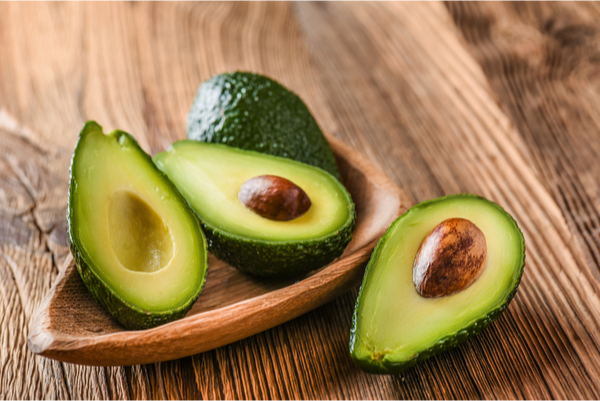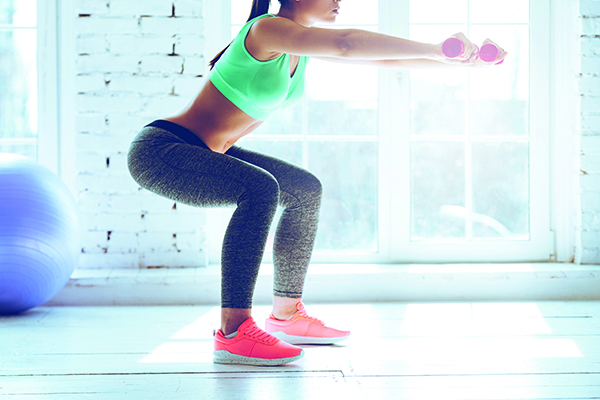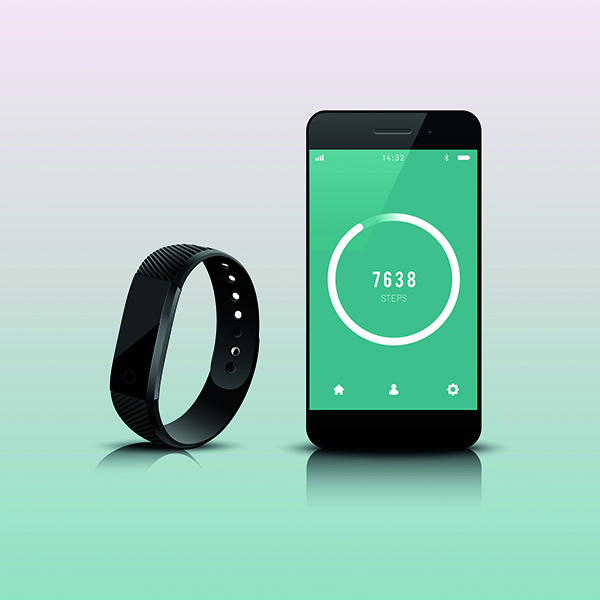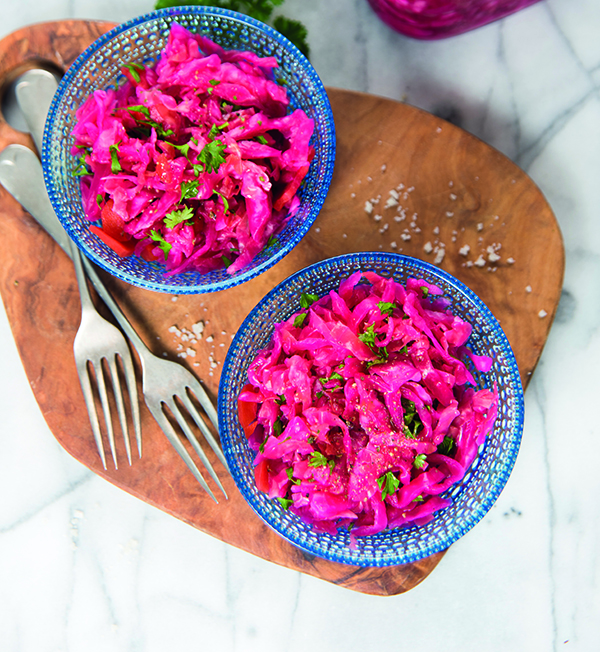Fitness and health guru Nolan Sunnassee shares his top tips for better blood sugar balance.
 1. Sleep on it
1. Sleep on it
Sleep is crucial for mental and physical repair. Poor sleep leads to increased cortisol, which tells your body you’re in flight or fight mode, leading to increased glycogen in your blood.
This will make you crave sweet things to replace the glycogen you have used up. Added to this, lack of sleep also instructs your body to increase the hormone ghrelin, which tells you to eat more!
Blood sugar balancer:
If your sleep is poor, try a magnesium supplement before bed to help you relax.
Look for magnesium threonate (a salt of magnesium combined with L-Threonate), which has been proven by studies at MIT in the US to help reduce anxiety and improve sleep quality.
Try Life Extension Neuro-Mag Magnesium L-Threonate..
 2. Fight back with fats
2. Fight back with fats
Good polyunsaturated fats such as those in avocados, olives, nuts and oily fish help to stabilise blood sugar.
Fats provide energy and help you to absorb nutrients and manufacture hormones.
Cambridge University found in 2014 that consuming good fats lowered people’s risk of getting diabetes compared with consuming certain carbohydrates.
Blood sugar balancer:
Drizzle walnut oil on salads as it’s rich in omega-3 fats.
 3. Pump those weights!
3. Pump those weights!
Weight training improves your body’s ability to process sugar, which in turn reduces your chances of getting diabetes – or improving the condition if you already have it.
Basically, the more lean muscle mass you have, the easier it is for insulin to move sugar out of your blood and into your muscles, where it’s needed.
This is because muscle cells house insulin receptors, and the more muscle, the more insulin receptors you have.
Equally, if you exercise your largest muscles, i.e. the ones in your legs and bum, before you eat something sugary, it helps prime your body to better absorb the sugar.
So, when you’re squatting or doing a deadlift in the gym, you’re not only toning your body but helping it process sugar!
Blood sugar balancer:
Do 30 squats before you eat your main meals.
 4. Add lemon and vinegar
4. Add lemon and vinegar
Squeezing lemon juice over veg or drizzling them with apple cider vinegar reduces the affect the food has on blood sugar.
Both are acidic and this helps slow the rate of digestion and the rate at which your stomach empties, giving the added benefit of making you feel fuller for longer.
Blood sugar balancer:
Make a simple salad dressing with ½ cup olive oil, ¼ cup cider vinegar, 3tbsp fresh lemon juice, ½tsp salt, ¼tsp black pepper and 1 clove of garlic, crushed.
 5. Step to it
5. Step to it
Although weight training and HIIT are the most effective physical ways of improving insulin sensitivity, increasing your daily steps will still help.
Blood sugar balancer:
Aim to walk 6,000-10,000 steps per day.
 6. Curb your cortisol
6. Curb your cortisol
High levels of cortisol, the hormone secreted when you’re under chronic or acute stress, can lead to high blood sugar.
This is because when under stress, your body’s need for glucose increases. Cortisol is secreted as an ‘emergency response’ to trigger the release of glycogen, which is your body’s stored sugar.
Having too much glycogen coursing through your veins is damaging if it’s not utilised by your muscles, which it would normally be if you were in a real fight or flight situation.
So, it’s not just what you eat that affects your blood sugar – your stress levels affect it too, hence why making time for relaxation is so important.
Blood sugar balancer:
Upon waking, do 10 long, slow, deep breaths to start your day in a calm way. Do them whenever you feel stressed throughout the day.
 7. Feast on fermented foods
7. Feast on fermented foods
Regularly eating fermented foods such as yogurt, cottage cheese, sauerkraut or kefir reduces your risk of diabetes by 24 per cent.
This was found in a study by the medical research unit at Cambridge University, involving 25,000 people over an 11-year period.
Blood sugar balancer:
Top a baked potato with plenty of butter and a dollop of cottage cheese.
The fats and protein will reduce how fast the carbs in the potato are absorbed.







